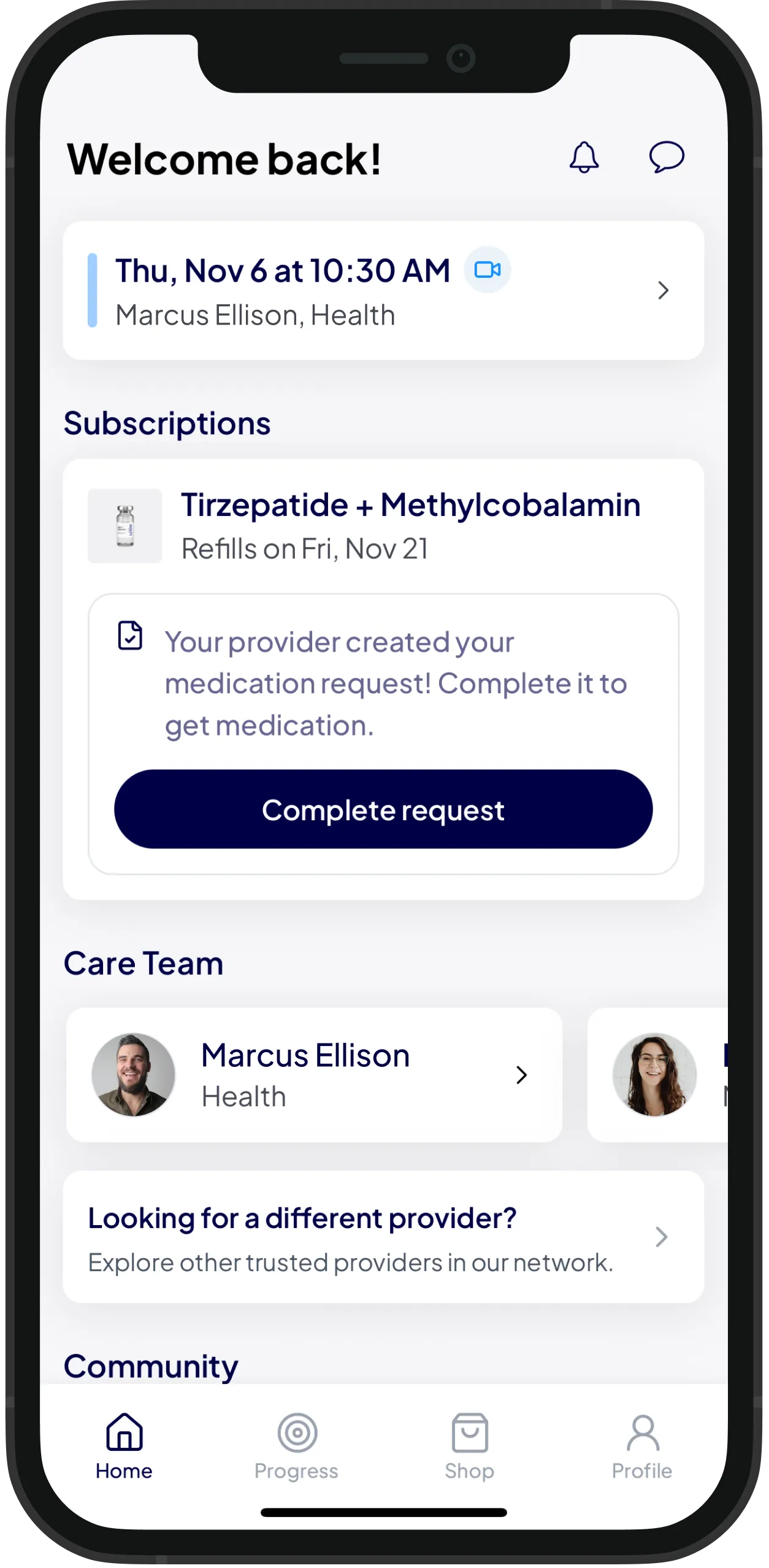We have long known about stigma impacting the medical community when it comes to working with patients who are overweight. Unfortunately, it has only been recently that we’ve researched how this stigma has permeated into prescriber practices around anti-obesity medications.
Despite the longstanding existence of anti-obesity medications, and providers understanding of the long list of medications that cause weight gain, many are hesitant to start patients on medication. This study surveyed providers on their opinion towards medication and found that most consider lifestyle modification (diet and exercise) to be the only possible intervention. Most providers are aware that there is a subspecialty of obesity medicine, and that there are prescription medications that have existed for decades with FDA approval!
“Perhaps the most critical of them is the stigma of obesity itself, seen as a “lifestyle choice” that could easily be treated by diet and exercise”
As of July 2022 issue of the Lancet Regional Health, a new publication has shown that socioeconomic status has also impacted the rates of anti-obesity medication prescriptions. Across all groups, only 0.5% of overweight or obese individuals otherwise eligible for prescription medication were prescribed any. For low SES groups, this number fell to 0.27%, while high SES groups were at 0.65%
If you are struggling to find a provider to take your weight loss seriously, you can complete Mochi Health's eligilibity form!





















